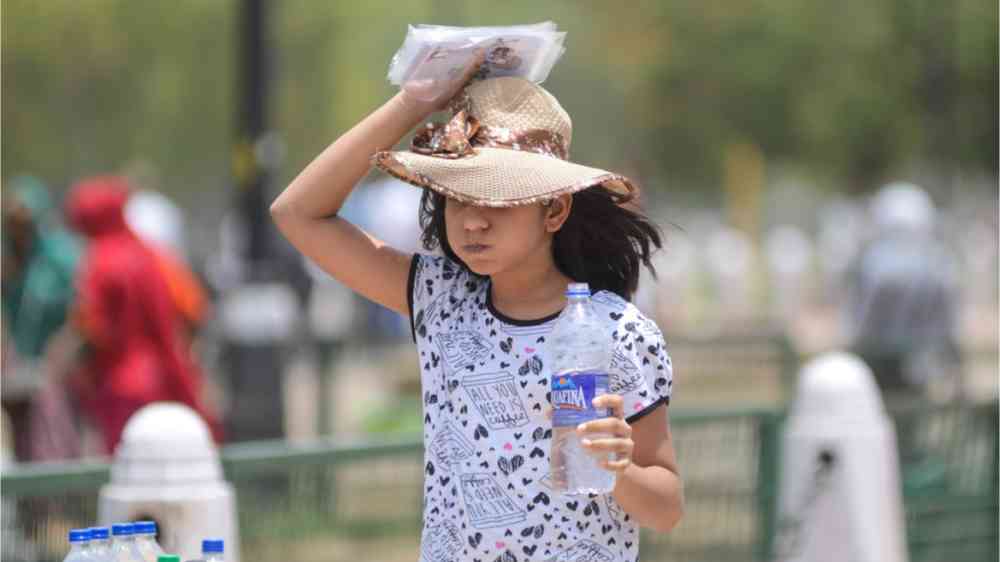New research on health effects of combined exposure to heat, humidity, air pollution

The Climate Centre and the Prudence Foundation today publish a scoping review of academic literature from 2000 to 2023, involving more than 30 papers, to better understand the compound risk to human health of heat, humidity, and air pollution.
Extensive research has been conducted on their individual implications, but the compound effect of the three together has not been as closely studied.
Air pollution alone contributes to an estimated 9 million deaths a year globally, a 2022 study found, while heatwaves have for some time now been regarded as the silent killer of climate change. The components of this triple threat interact in complex ways: heat contributes to the production of ozone and particulate matter, exacerbating air pollution and trapping heat in the atmosphere, increasing the risk of respiratory and cardiovascular problems. Simultaneously, elevated humidity impedes the body’s ability to regulate temperature through sweating, making heat more lethal still. Respiratory impacts In the new review, compound exposures were seen to be associated with lower pulmonary functions, respiratory conditions, cardiovascular problems, decreased lung functions, asthma, cardiac arrests, decreased kidney functions, and birth complications. It recommends expanding the geographical scope of future studies to include regions such as the Middle East and Africa, with better data on weather and air quality, and covering a wider range of health issues beyond just respiratory and cardiovascular impacts.
From a Red Cross Red Crescent perspective, mitigation and adaptation interventions for compound exposure of heat and air pollution that better protect vulnerable populations should also be identified.
With support from the Prudence Foundation, the Thai Red Cross, the IFRC, and the Climate Centre will use this research to develop an early action protocol for the compound risk of humidity, heat and air pollution in Thailand.